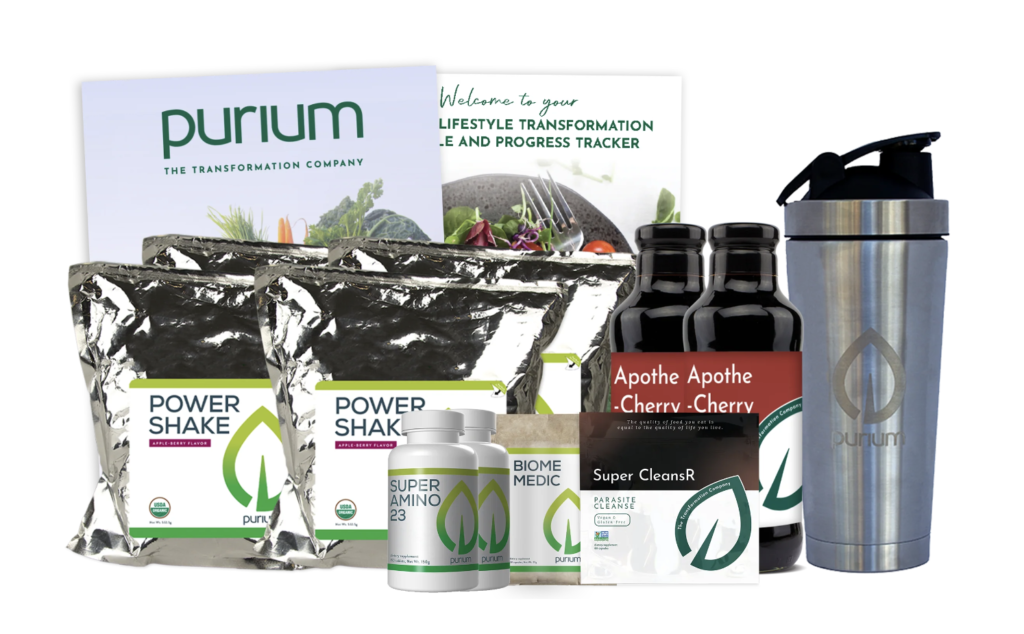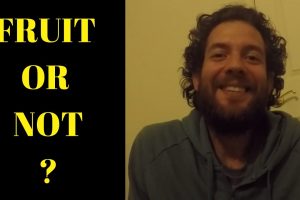I have been pondering on this question for the last month. Is it ok to eat vegetables? It may seem like a ridiculous question, but I promise there is much logic and reasoning to my inquire.
I take on this question from two separate places, one is in regards to health, and the other is in regards to ethics. When it comes to health the questions are: Are vegetables the optimal source of nutrition for humans? Can we survive on vegetables alone? Are there any negative effects that come from eating vegetables? When it comes to ethics, the question is simple: Is it moral to consume vegetables?
Right from the start I will conclude, without need of studying this further, that the answer may never be known as an absolute fact. Just like with everything else in the world, we can always find claims that point in one direction and claims that point in a different direction. I do not intend to come up with a definitive answer, this is simply an intellectual exercise and a process that I use to find out what resonates best with me, more than what is the absolute truth for all human beings. As you read this, you may notice that there are things you agree with and things you disagree with, my goal is not to convince you, but I will be happy to help you find out what your believes are as I find out what are mine.
Over the last month I have been experimenting with the fruitarian diet. I started out thinking I was going to be following a raw vegan diet, after a week I decided to focus on eating mostly fruits, and two weeks ago, after reading Destination Eden by Mango Wodzak, I decided I wanted to attempt to base my fruitarian diet on fruits and nothing else.
I based my decision on a countless of logical and research based findings that I found on Destination Eden, which were also supported by the information that I was gathering from listening to people such as Ted Car, Ann Osborn, The Fruitarian Michael Arnstein and Naturopathic Doctor Mr. Robert Morse. All of these personalities where able to provide sufficient information for me to believe that a fruitarian diet based on fruits and nothing else is a healthy and sustainable diet for every single human being in this planet, regardless of their race, age or background.
I have arrived to this conclusion based on much of the information provided by the fruitarians named above. Three out of the five people I have already mentioned have practiced a fruitarian diet for more than 30 years. Michael Arnstein was able to run dozens of 100+ mile races over the course of 5 years eating nothing but fruits and a few vegetables here and there. Dr. Robert Morse has had a naturopathic clinic for decades and has treated more than 100,000 patients with fruits and medicinal herbs. Needles to say, these are only a handful of examples and I am sure there are thousands of people who have also been able to survive and thrive on a fruitarian diet.
Another book which weighted a lot on my decision is called Return to the Brain of Eden. This is a research based book that contains an appendix with 50+ pages of work sited research. The authors of the book explore the idea that, according to anthropological, geological, psychological research (to name a few) humans are fruitarians by nature and thus fruit is the optimal source of nutrition for all of us. Needless to say, after reading this book I was certainly compelled to give the fruitarian diet a good try.
Now, the question is, is it ok to eat vegetables? From a health-based nutritional perspective I have already given you enough pointers for you to see that I have my reasons to be sure that we are meant to have a fruit based diet. The question now is, how many vegetables do we need and do we need any at all? Another question is whether or not vegetables cause detrimental effects to our health or perhaps even disease. The answer to this may be too relative to even contemplate given that anything in excess is an issue and even if we are fruitarians by nature, eating 200 bananas in a day would probably cause some issues. This is why I decided to follow my gut instinct on this one and conclude that some vegetables, when prepared properly and in the right amount, have the ability to cause nothing but benefits while other vegetables, when abused or mishandled can cause harm and disease.
This being said, there is another perspective which I feel obliged to take into consideration, and this is whether or not it is ethically correct to eat vegetables. This question arises from the understanding that it is possible that plants may feel, or experience fear, pain and harm whenever humans, or other animals, cut out pieces of them or full on uproot them from the ground, ending their life and their circle of procreation.
There have been some studies done on this topic, the one I have so far heard the most has been published through the book The Secret Life of Plants, and the results have found that indeed, plants do feel emotions such as pain and fear. During recent years, there has been a new field of study called “plant neurobiology” which is dedicated to studying plant’s structures and behaviors. Author Michal Pollan shares that “plants have ways of taking all the sensory data they gather in their everyday lives, they integrate it and then behave in an appropriate way in response. And they do this without brains, which, in a way, is what’s incredible about it, because we automatically assume you need a brain to process information”.
Pollan also shares that plants have all the same senses as humans, and perhaps more. They can hear, taste, sense gravity, the presence of water and feel that an obstruction is in the way of its roots, even before coming into contact with it (this is why research has found that plant roots will shift direction to avoid obstacles). Some of the people who I have talked to about this are quick to dismiss these findings, stating that all these things are simply chemical reactions, but for me it is easy to see that all the sensory experiences that we have are also chemical reactions. The fact that his is the case does not take away that if I burn your finger it will hurt, and if I pluck your hairs it will hurt too, the way I see it now, it is no different with plants.
Mango Wodzak explains all of this much better in his book Destination Eden, which I believe everyone should read to open up their minds and hearts towards our fellow earthlings, animals and plants. Perhaps Mango’s views are ludicrous, and perhaps all of the research ever conducted on this topic is flawed and miss-interpreted. Or perhaps it is time for humans to awaken to the reality that we are not that special, and that every living thing may experience this world very much like we do. Again, I am not telling you how things are or how you should behave, I am simply offering a new perspective so you can do your own exploration.
With all this being said, it is clear for me that I must continue to explore the fruitarian diet, in order to achieve greater levels of health, connection and a more natural way of living where I can become more symbiotic with the plants and animals that I share this world with. This, at least, is where I stand at the moment, it may change tomorrow, or ten years from today, but as I continue to see things this way, it becomes harder for me to eat vegetables and easier to stick to the fruitarian diet.
Wishing you love, health and well-being,
– Bruno Treves
Raw, Organic, Nutrition
We offer over 100+ supplements to take care of our basic nutrition, and improve specific conditions.
For those who are ready for a life-changing experience, we recommend the Ultimate Lifestyle Transformation. This is a great option if you are transitioning to a vegan, raw vegan, or fruit-based diet.
The products in this program nourish and detoxify our bodies with vegan protein, greens, healthy fats, gut health, organic superfoods, and natural colon cleansing support.
We offer a 25% discount with the code GETUPLIFTED, and a 60 DAY FULL MONEY BACK GUARANTEE for all your purchases, even if you fully consume all the products.
Please explore our catalog of superfood supplements, we are sure you’ll find something good for you.

